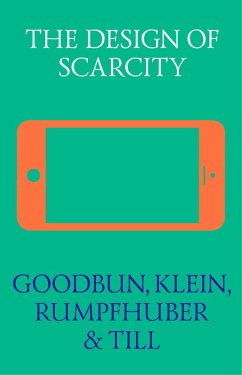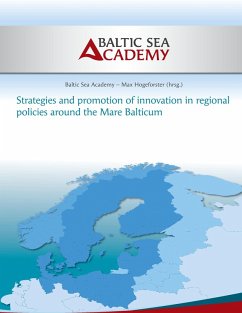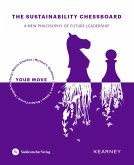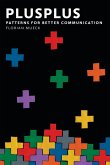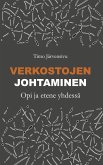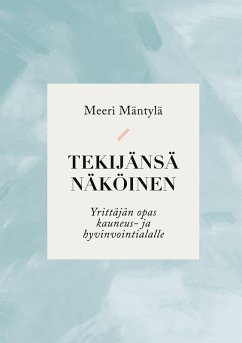As growth was the defining condition of the 20th century, so scarcity is set to define the 21st. Already it pervades political discourse and shapes our reading of the economy and the environment. But scarcity is not just the inevitable result of growth and resource exploitation - every innovation results in new scarcities. Scarcity is constructed daily through the creation of desire, it is designed. The authors of this timely essay set out to establish a more sophisticated understanding of scarcity. Moving beyond the idea that lack and inequality are simply laws of nature, they argue that scarcity can be challenged. The message for architects and designers - experts in working with constraints - is that scarcity is a process, and one that can be productive. This essay asks us to throw out our simplistic Malthusian graphs and escape the stranglehold that scarcity has on our imaginations.
Dieser Download kann aus rechtlichen Gründen nur mit Rechnungsadresse in A, B, BG, CY, CZ, D, DK, EW, E, FIN, F, GR, H, IRL, I, LT, L, LR, M, NL, PL, P, R, S, SLO, SK ausgeliefert werden.

